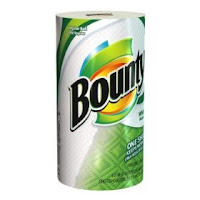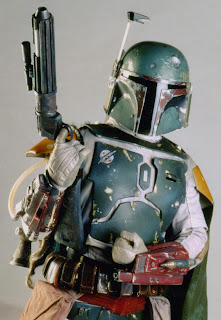seen @ Jackson Heights Cinemas, Jackson Heights, Queens, NY
4.25.12
Ride around on the subways in New York and you'll see plenty of people reading books. It's always been a habit of mine to look over the shoulders of someone and follow along, whether it's a hard copy or an e-book - if I don't have a book of my own, that is (or even if I do). Ride in the subways long enough and you'll easily deduce which books are the popular ones. In the last few years, I've seen people read the Hunger Games books, the Harry Potter books, the Game of Thrones books, and The Help.
I have yet to see anyone on the subway read Act Like a Lady, Think Like a Man, the relationship-advice book by Steve Harvey. I have no doubt it has sold well, nor do I doubt that it has a modicum of popularity. But the movie Think Like a Man, based on the book, would have you believe the book is all the rage - which, I suppose, is understandable, given the movie's clever hook.
In Think the movie, Think the book is the catalyst for a war-between-the-sexes tale, where first the ladies, then the men, use it to try and improve their respective relationships. Harvey himself pops up periodically to impart nuggets of wisdom from his book in a fourth-wall-breaking manner. It does kinda feel like an infomercial after awhile, but it kinda-sorta works because of the way the book is perceived on both sides: the women see it as vital information being passed on, though some warm up to it quicker than others. (None of them explain why Harvey's opinions on dating bear any weight to begin with, but again, you have to accept this premise for what it is.) The men, by contrast, feel betrayed that one of their own is calling them out on their bad habits, and they use the book to "flip the script," as it were, on their women.
I suppose Harvey's presence in Think kinda reminds me of Elinor Glyn's in the silent classic It: both have written about male-female sexual relationships and how they work, both have had their writings adapted into films, characters in both films read their writings and try to act on them, and both authors appear as themselves in the films to further explicate their respective philosophies. That's about as far as that comparison goes, however.
I have no dog in this hunt; in the game of love, I've been a third-string bench-warmer planted next to the Gatorade cooler for far too long. Still, I enjoyed Think for what it is - a light, glamorous rom-com. It doesn't say anything new or profoundly different about dating, but then neither do 95% of Hollywood rom-coms. What amused me about this one, and this is something I mentioned on Twitter, is how it has the feel of a classic rom-com from the 30s and 40s. The stars are glamorous and beautiful, surrounded as they are by lovely shots of LA by day and by night; the dialogue is delivered snappily, and the story is less about sex than it is romance. It didn't feel like it was making the men out to be dogs or dummies, like I tend to see in a lot of contemporary rom-coms (especially black ones!), but by the same token, it wasn't afraid to show the women's flaws.
Like I said, ultimately this doesn't add up to anything all that insightful or unique; this isn't vintage Woody Allen here. For what it is, though, it's entertaining. It even begins with an animated sequence!
This was the first film I'd seen at the Jackson since the Queens World Film Festival, and the glamor has definitely worn off. When I entered the side theater, the house lights were off and everything was pitch black. It was less than ten minutes to showtime and I was the only one there. I had to find a manager and ask him to have the house lights turned on so I wouldn't trip over myself finding a seat - which was entirely possible, since the center aisle of stairs is steep and not lit with footlights. (Using my cell as a flashlight didn't help.)
I've been coming to the Jackson for so many years, seen so many movies there, and it's an active link to my childhood, which is probably why I tend to look at it through rose-colored glasses most of the time. Still, I think I'm finally beginning to see it as it really is: old.
When I was in Columbus, there was an old neighborhood theater with only a single screen (the Jackson has three), and it felt more modern and stylish and popular than the Jackson does now. (I'll have to write about it sometime soon.) I love the Jackson and probably always will, but every time I go there, I feel like it's not long for this world. I hope I'm wrong.











































